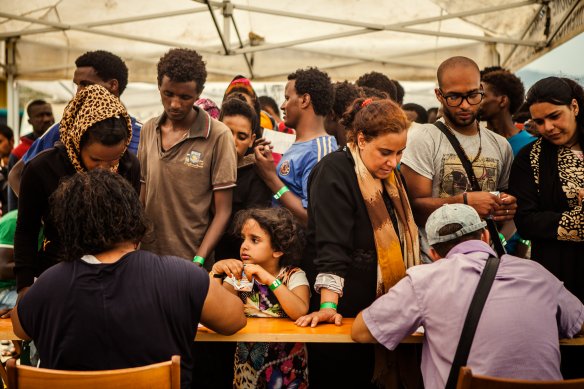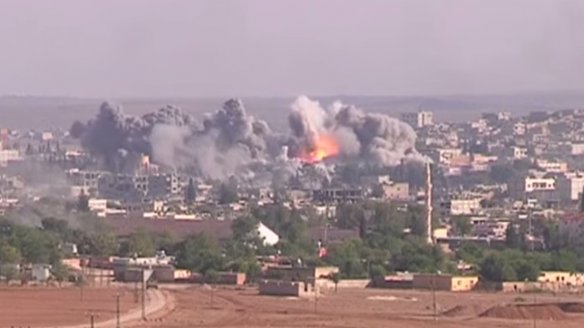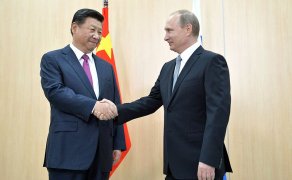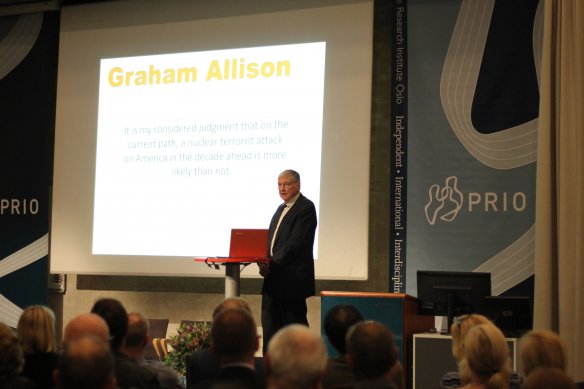We must both take in refugees and preserve our culture and way of living.
A flood of migrants is coming to Europe. They are fleeing chaos and war. They are from all levels of society. The vast majority would have remained in their homelands if they had been able. But as a result of violence, political ineptitude and ideological tugs-of-war, combined with Western policy that has basically been a failure, the situation has become hopeless. They see no other option than to flee.
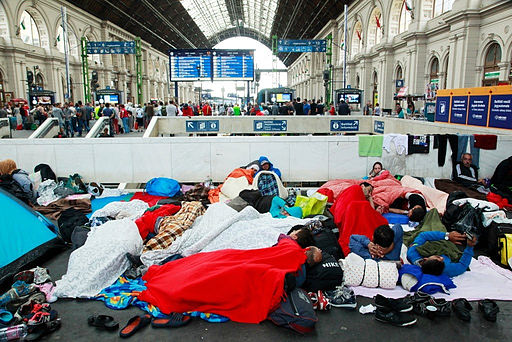
Refugees at Budapest Keleti railway station in September 2015. Photo: Rebecca Harms. cc-by-sa-2.0.
Our openness and generosity are being put to the test. Turning our backs or making unrealistic assertions that we can help these people where they are is not an option. This does not mean, however, that the choices are straightforward. Just as the primary responsibility of every parent is to bring up and assist his or her own children, our political leaders have a responsibility to take care of their own country. Political leaders should preferably hand over a country and its political system to the next generation in better condition that when they themselves took it over.
That leads us to the question: is it possible to preserve what we can broadly call our European culture(s) and identity while at the same time taking in large numbers of migrants?
